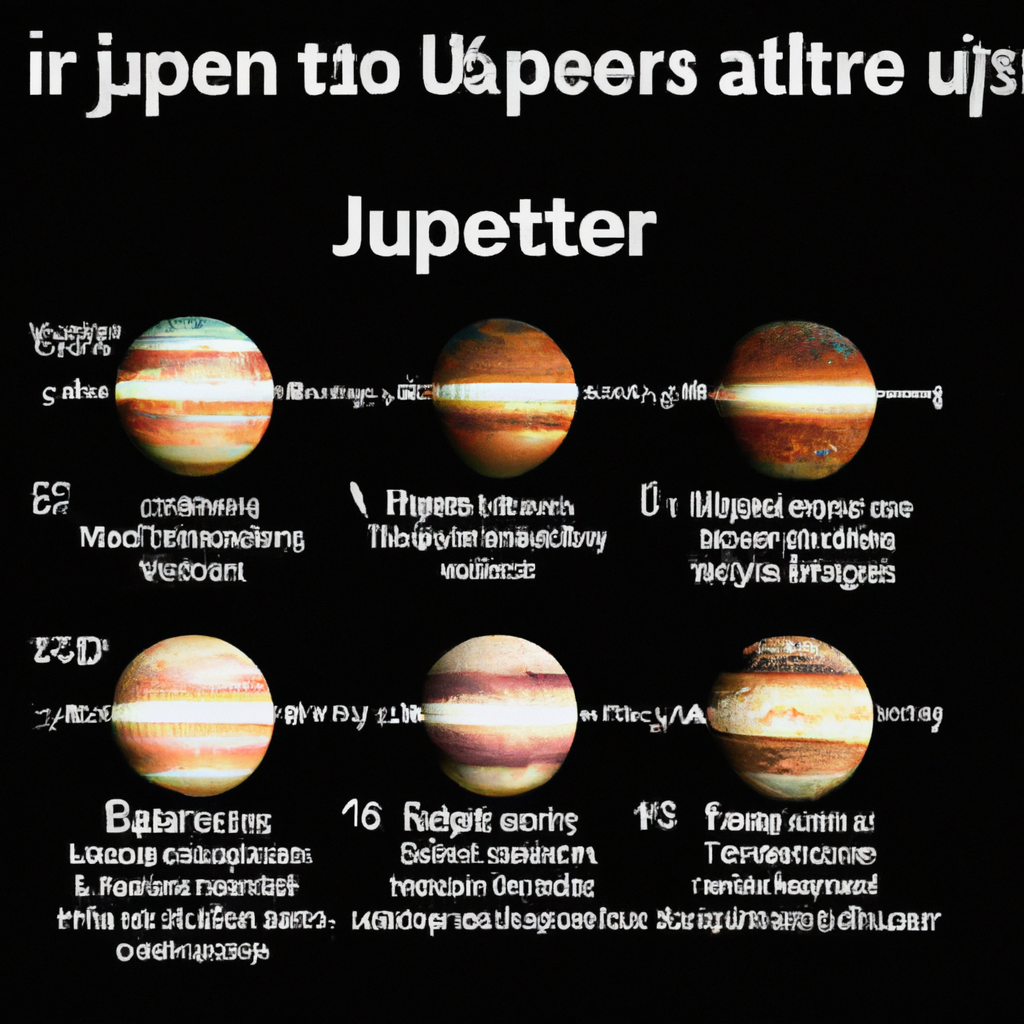

The first microprocessor was developed in 1971 by Intel, and the first personal computer was the Apple I, developed in 1976. Microsoft was founded in 1975, and Google was founded in 1998. The first iPhone was released in 2007, and the first iPad was released in 2010.

Silicon Valley is one of the most important sources of technological innovation and economic activity in the world. The region is renowned for its many large tech companies, startups, and expensive real estate. It is also a desirable place to live due to its mild climate and scenic beauty.

Jupiter is the largest planet in our solar system with the shortest day. It also has the largest number of moons and the only planet with a ring system. The Great Red Spot is a giant storm on Jupiter that has been raging for over 400 years.

The article discusses the history of robotics, starting with the first automated production line installed by Ford in 1913. It goes on to mention the first use of the term "robot" in a play by Czech writer Karel Capek in 1921, and the world's first robot built by inventor George Devol in 1954. The article also notes the first industrial robot installed by General Motors in 1961 , and the first robot to walk on two legs, ASIMO by Honda in 2000. As of 2016, there are an estimated 1.6 million robots in use worldwide.

AI has the potential to greatly improve our ability to make decisions, by providing accurate and unbiased information, learning from past experiences, and identifying patterns that we may not be able to see.

A quantum computer is a powerful tool that can solve certain problems much faster than a classical computer. It is not restricted by the laws of classical physics and can be in multiple states at the same time.

The article discusses the history of computers, starting with Charles Babbage's Analytical Engine in 1837. It goes on to discuss the invention of the Dewey Decimal System, punch cards , and the first electronic digital computer. Finally, it discusses the ENIAC, which was used during World War II.

Robots have increasingly been used for heroic purposes, such as saving people from burning buildings or diffusing bombs. In 2014, a robot named Hank even helped clean up an oil spill.